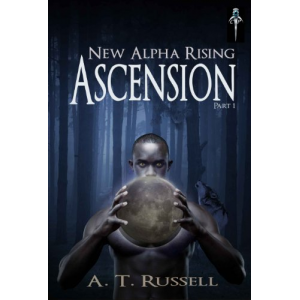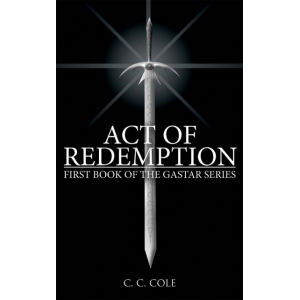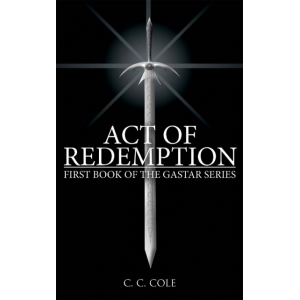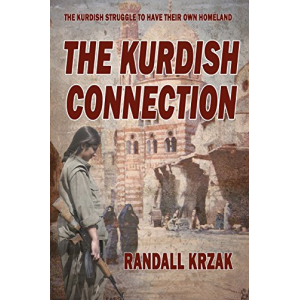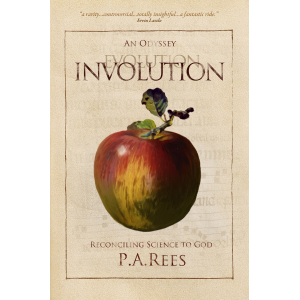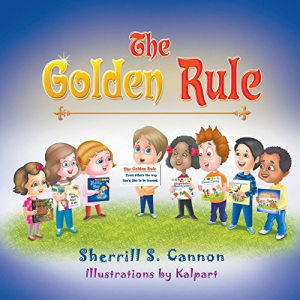- Author
- Book
- Story behind the book
- Media Links
- Reviews
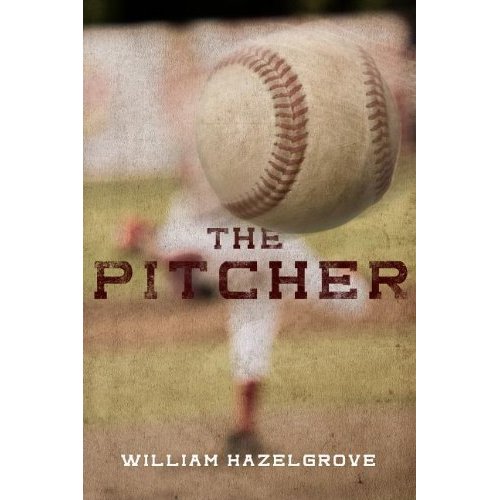
William Hazelgrove
About
Born in Richmond, Virginia, and carted back and forth between Virginia and Baltimore, I blame my rootless, restless personality on my father. He was and is a traveling salesman with a keen gift of gab, great wit, a ready joke, and could sell white tennis shoes to coal miners.
It was during these sojourns up and down the east coast I soaked up the stories that would later be Tobacco Sticks and Mica Highways. I think authors should exploit their family history before raping the rest of the culture for material.
Dad finally got tired of the east and moved to the Midwest when I was fourteen. We settled outside of Chicago. It is here I came of age and went off to college for seven years -- two degrees and one novel later I returned to Chicago and lived in many different apartments, trying to get a little two hundred page manuscript called Ripples published.
When a local printer said he would take a chance on my book, I jumped and had my first novel published by a man who had never published anything. Great reviews and moderate sales put me back to my jobs as a janitor, baker, waiter, construction worker, teacher, real estate tycoon, mortgage broker, professor, security guard, salesman -- anything to make a buck and keep writing. The printer lost his mind and published my second novel, too. That landed me with Bantam after some rave reviews and a paperback auction for my second novel, Tobacco Sticks.
A third novel, Mica Highways, was sold on less than one hundred and fifty pages to Bantam and then I did a strange thing -- I settled down to writing in Ernest Hemingway's birthplace in Oak Park, Illinois. I have since been looking for the Great American Novel up in the old red oak rafters and I think I might have finally found one... we'll see.

My Little Angel Coloring Book
Description
<p>Does your child have a Guardian Angel?</p><p>Share a day in the life of a little girl whose tiny guardian angel named Angela sits on her shoulder to keep the child safe and guide her through the day.</p><p>Her activities include getting the girl ready for school, crossing the street, being polite and kind to friends, learning her lessons, fastening her seatbelt while traveling, being aware of stranger-danger, praying for her pets, and reminding her constantly that she is loved.</p><p>Once again social values are emphasized in this latest illustrated children's coloring book by award-winning author Sherrill S. Cannon. This is the author's third rhyming children's coloring book.</p><p>Meet many classroom friends from the author's previous books, as My Little Angel Angela guides this child throughout her day.</p><p>The author says, "This book is dedicated to our oldest son, who lost his battle with cancer in August 2021. He is my Special Angel."</p><p><strong>About The Author:</strong> Sherrill S. Cannon is the author of 10 award-winning children's books that have won nearly 100 awards (and counting), including Santa's Birthday Gift, Peter and the Whimper-Whineys, The Magic Word, Gimme-Jimmy, Manner-Man, My Fingerpaint Masterpiece, Mice & Spiders & Webs...Oh My!, The Golden Rule, My Little Angel and David's ADHD, as well as two award-winning poetry books, A Penny for Your Thoughts, and A Dime is a Sign. Her other two coloring books are Peter and the Whimper-Whineys Coloring Book and The Golden Rule Coloring Book. She is also a playwright, with seven published and internationally performed plays for elementary school children. A former teacher, the author's goal in each of her books is to teach good manners as well as caring for others.</p>
Story Behind The Book
My mother in law told me an old pitcher lived across the street from her in Florida. One night my son and I went out there to play in the street. I could see the old pitcher by his ankles with his garage up a quarter of the way. This went on for three nights and then on the fourth night he came out and watched my son pitch. He then gave my son his philosphy of pitching and went back into his garage. I found out later he had won the World Series in 1968. That's how I thought of The Pitcher, the story of a Mexican American boy and and a pitcher at the end of his career who coaches the boy to make the highschool team.
Media Links
Reviews
<p>"American fiction is not dead...Hazelgrove has skillfully revived it."</p> <p> Library Journal</p> <p> </p>
